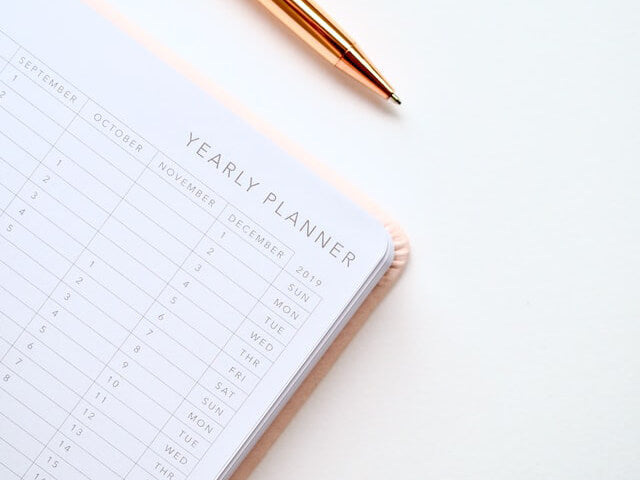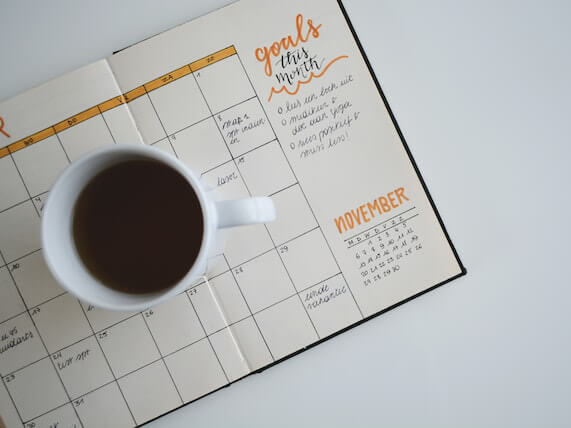Three Compassionate Questions to Ask Frequently
I get it.
Really, I get it.
I can understand why it’s incredibly difficult to know what to ask a person who has an eating disorder, or what to say, if you feel they may be struggling in their ‘journey’.
That said, I can tell you without any hesitation whatsoever, that silence isn’t helpful.
Think of it that by saying the ‘right’ thing, you could potentially silence that ‘unhelpful voice’ in the head of someone experiencing an eating disorder.
Naturally, you’re going to worry about which words you choose and what reassuring sentiments of encouragement you offer.
Here’s three questions which you might want to add to your toolbox for future use:
1. Would you like some company?
This might sound so incredibly simple, and almost a little too ‘genteel’, but believe me, when it’s been asked of me, it’s been as good as a warm hug on a chilly day.
What it says is ‘I’m not going to assume you want me in your private space, or try and tell you I can fix you, but I’m letting you know I could be ‘present’ with you.’
I particularly like this approach because it gives that person a real chance to consider the merits of ‘inviting you in’ to their space and time, for a moment, an hour, or a day.
You’re not dictating a food-occasion, or enforcing a ‘chat’.
Instead, you’re offering ‘companionship’ which that person can choose to take for as brief or as large an extent as they might like.
2. Where did you get your lovely top / shoes / notebook / watch?
Why this one?
Often, we’re not great at taking compliments.
By we, I mean a huge percentage of us in the population, but particularly those with hyper-sensitivity traits, of which those with eating disorders often are.
What you’re doing here is making the opening question something slightly less ‘attached’ to their physical being, and yet you’re complimenting their choice of style or presentation in a way which feels less intrusive.
It’s the kind of question which naturally gives way to conversation exploration, and may allow the person to open up very effortlessly.
Naturally, the next step is to be able to evolve this conversation into uplifting reinforcement about what you like in regards to that person’s style or presentation.
3. Have you anything planned (with family / friends)?
I hate and love this one in equal measure.
I hate it because it makes me accountable and forces me to be aware of where my eating disorder is robbing me of life, of companionship, of joy, and of experiences.
I therefore love it for the same reason, by way as a tool for you to consider using.
What this question does, is it engages with the person experiencing an eating disorder in a manner which asks them to ‘reveal’ whether they are benefiting from a life of other experiences and opportunities.
It does what I refer to as ‘holding the mirror up’.
It makes the recipient of that conversation say to themselves ‘hmm, no, again I’m inside on my own because my eating disorder is isolating me’.
Or, it allows them to say ‘actually, yes, I’m beating this sodding eating disorder and today I’m able to say that I’m enjoying a nice lunch and shopping trip with a friend’.
The more someone with an eating disorder is reminded of how much more value and reward there is to a life without their illness, the better.
This is a great tool in that mix and creates a real opener for further conversation.
Of course, if you’re not someone who knows that person ‘really well’ but wishes to understand whether the isolation is as entrenched as you fear, or you want to see where they might be an opening to help as a friend, then this is a helpful and revealing question to be using.
And, should you find yourself receiving an answer which looks as if it sits with some discomfort at the ‘hollowness’ of that person’s plans, you could always try reverting to Question One!
- Apr 2019





